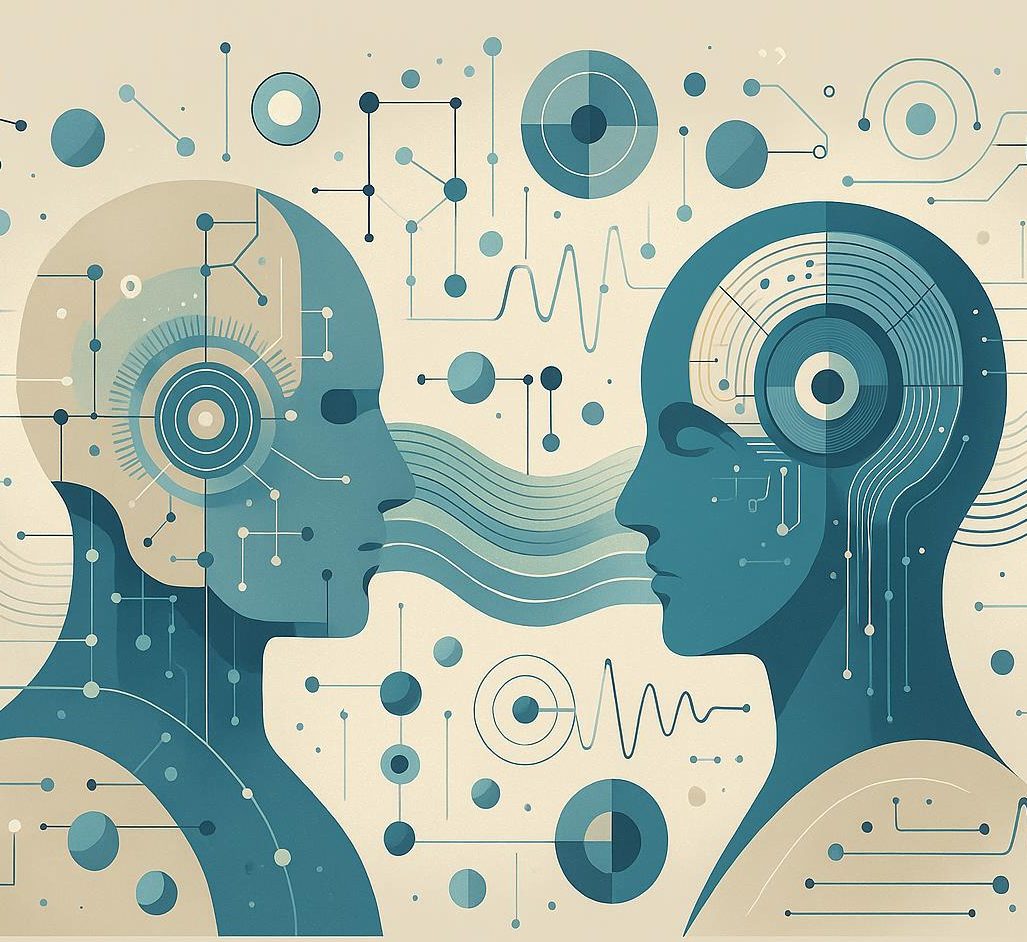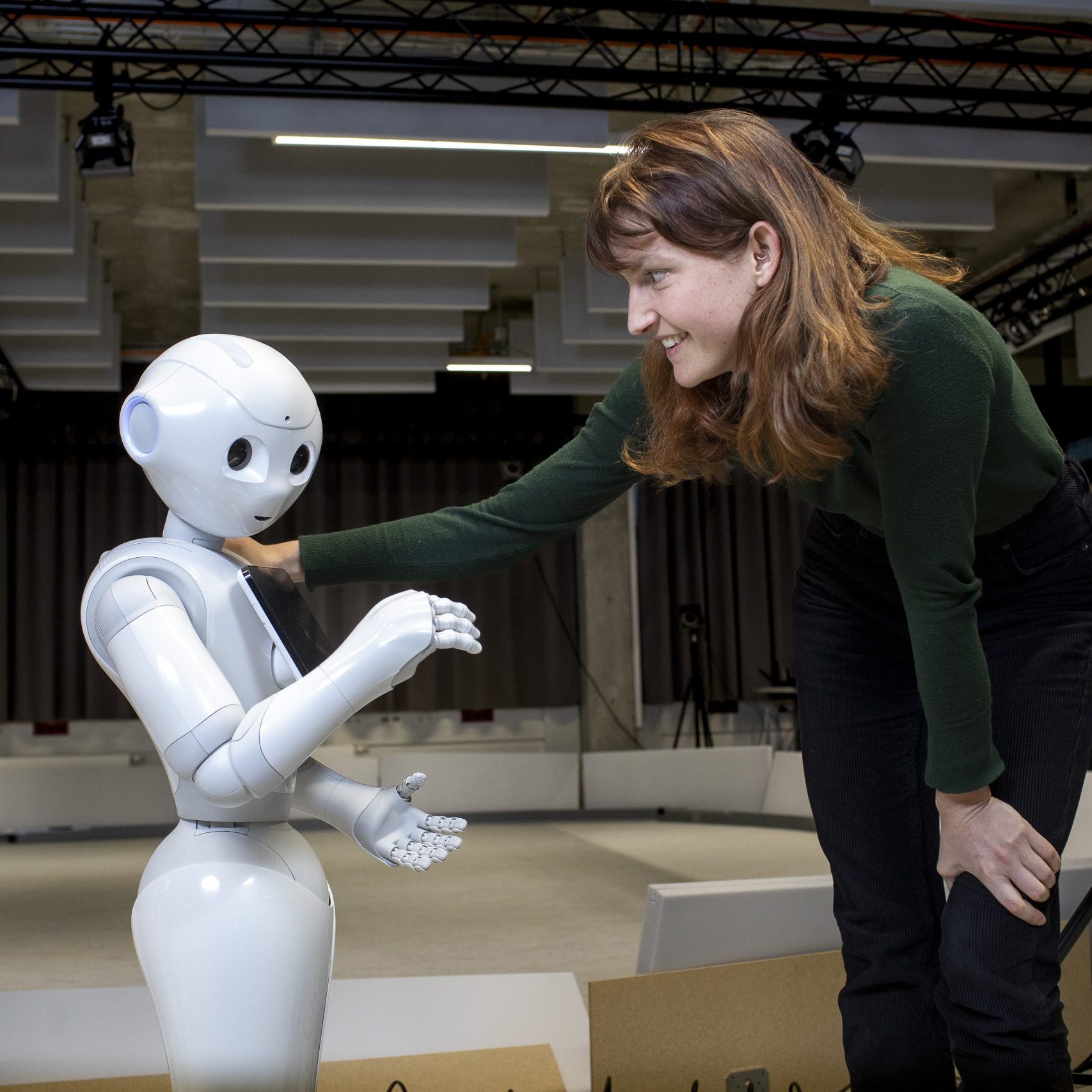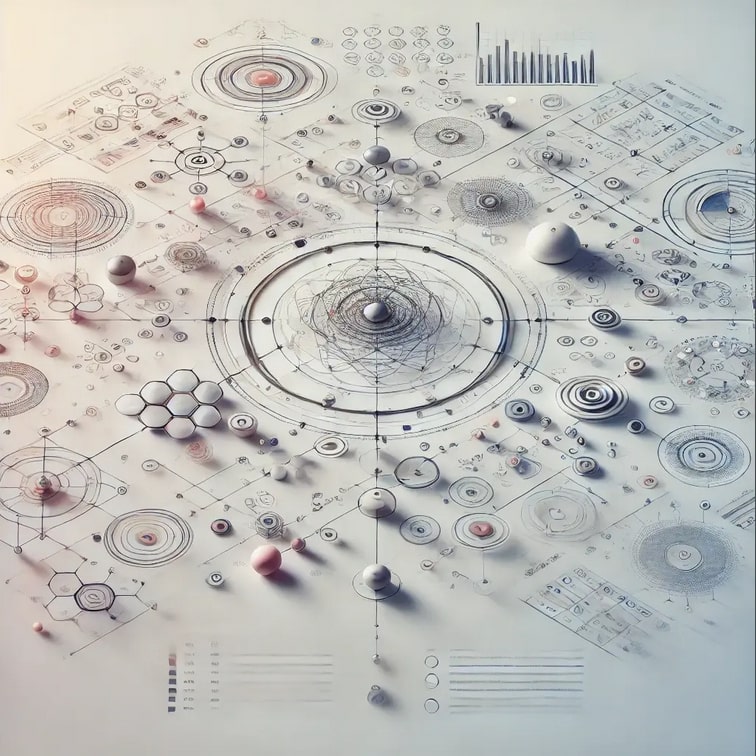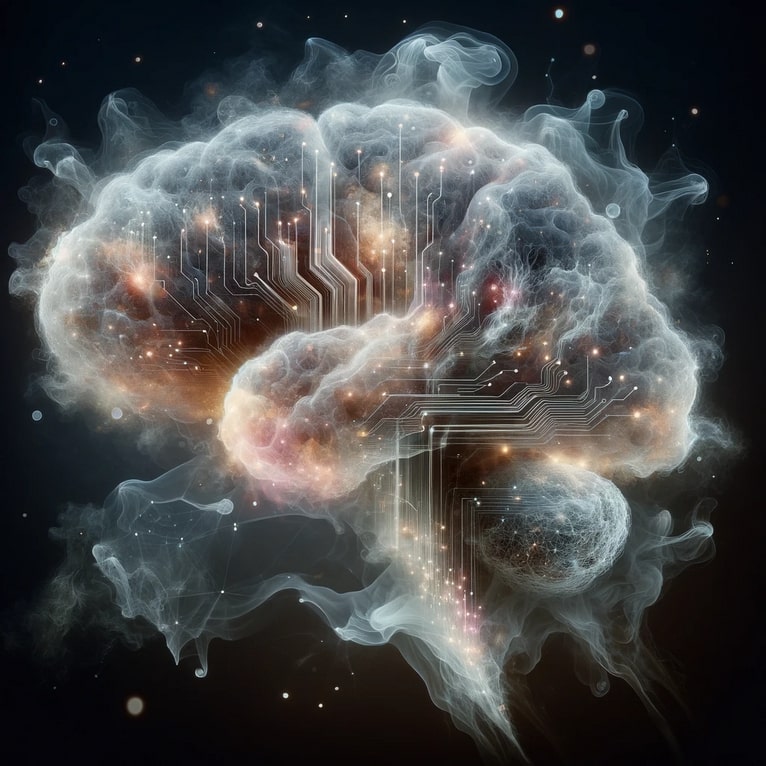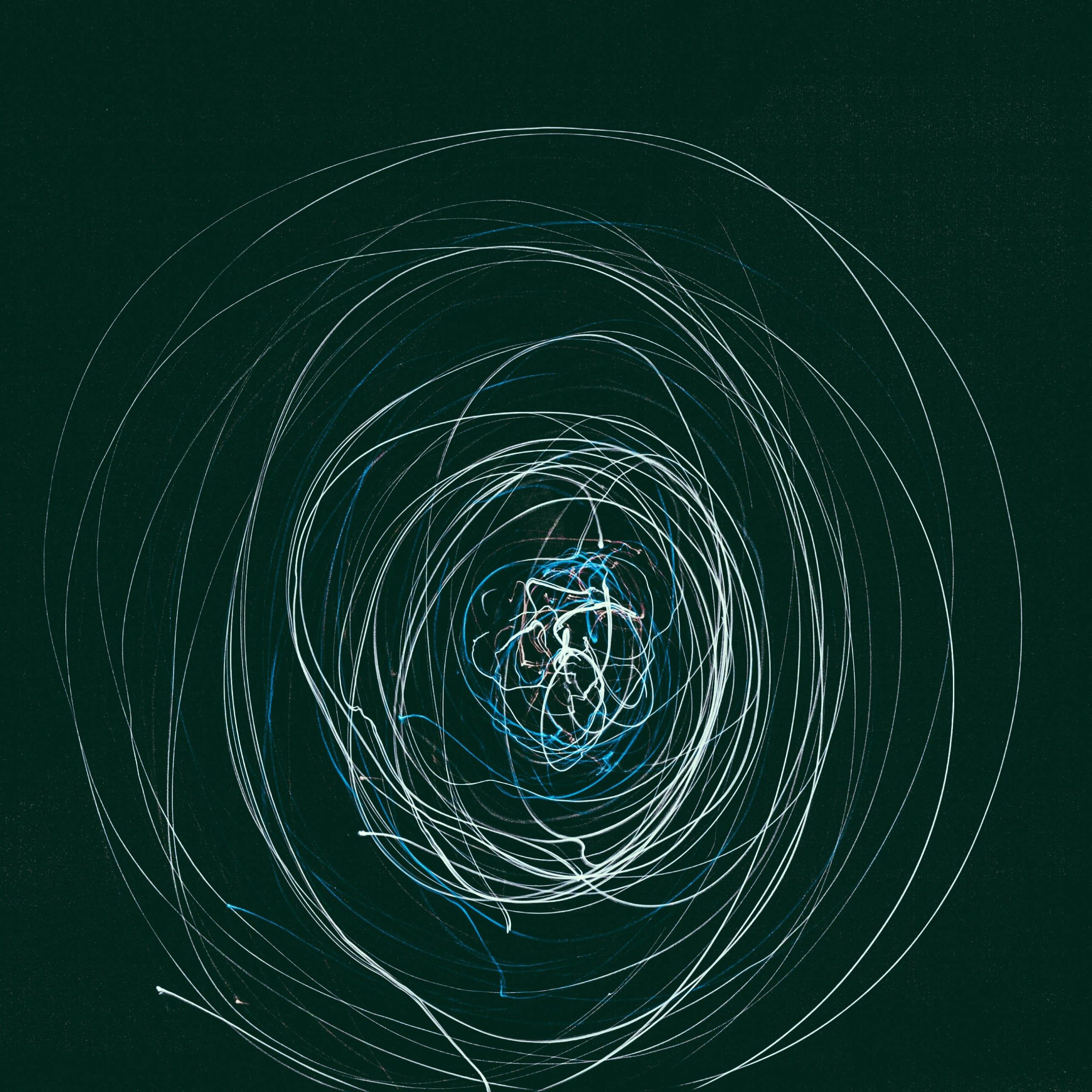
Martina Poletti (University of Rochester), “Active Foveal Vision” and Michele Rucci (University of Rochester), “Active Space-Time Encoding: The Inseparable Link Between Vision and Action”
SCIoI, Marchstraße 23, 10587 Berlin, Room 2.057Martina Poletti's talk will focus on active foveal vision. Vision is an active process even at its finest scale in the 1-deg foveola, the visual system is primarily sensitive to changes in the visual input and it has been shown that fixational eye movements reformat the spatiotemporal flow to the retina in a way that
